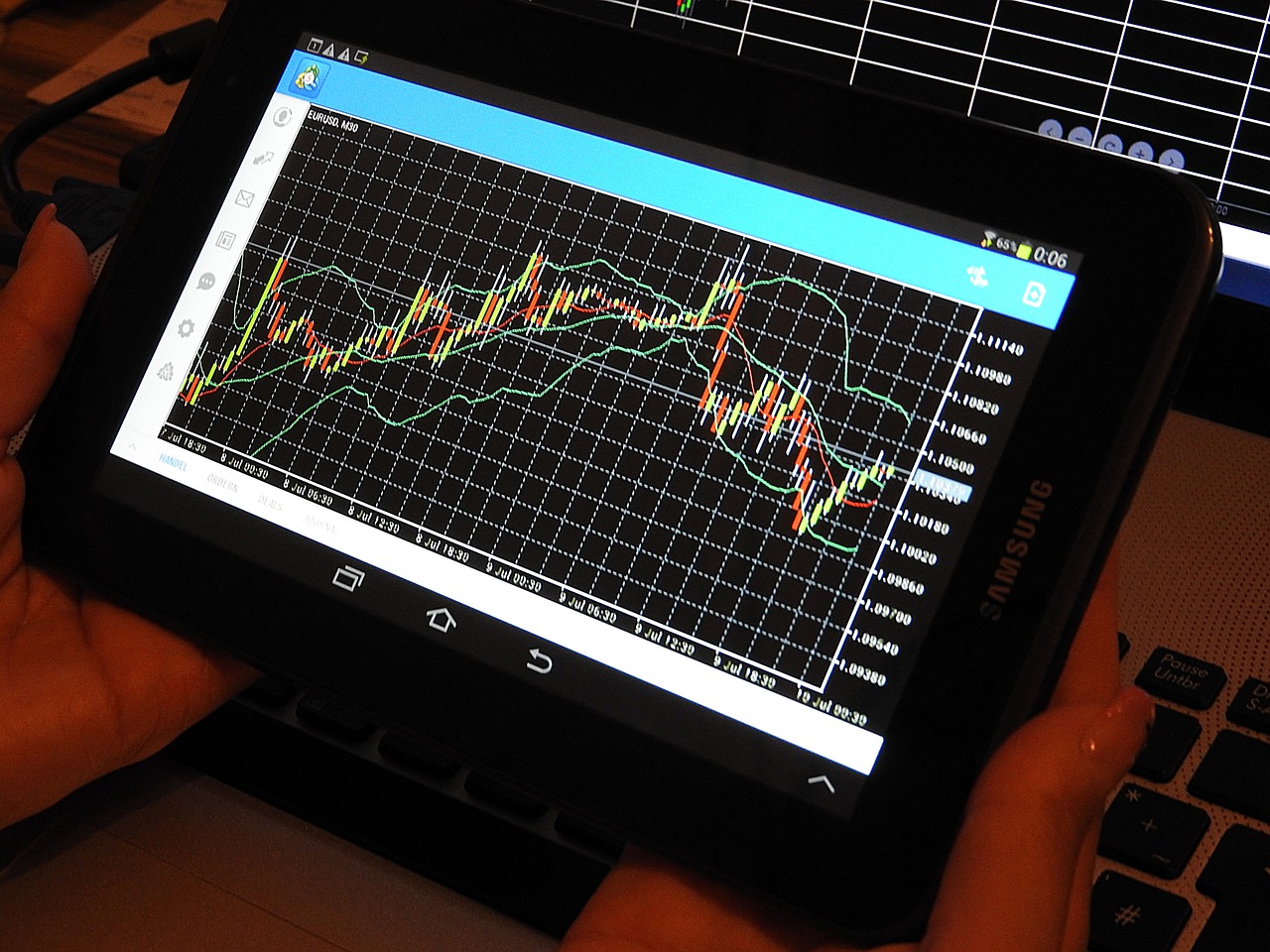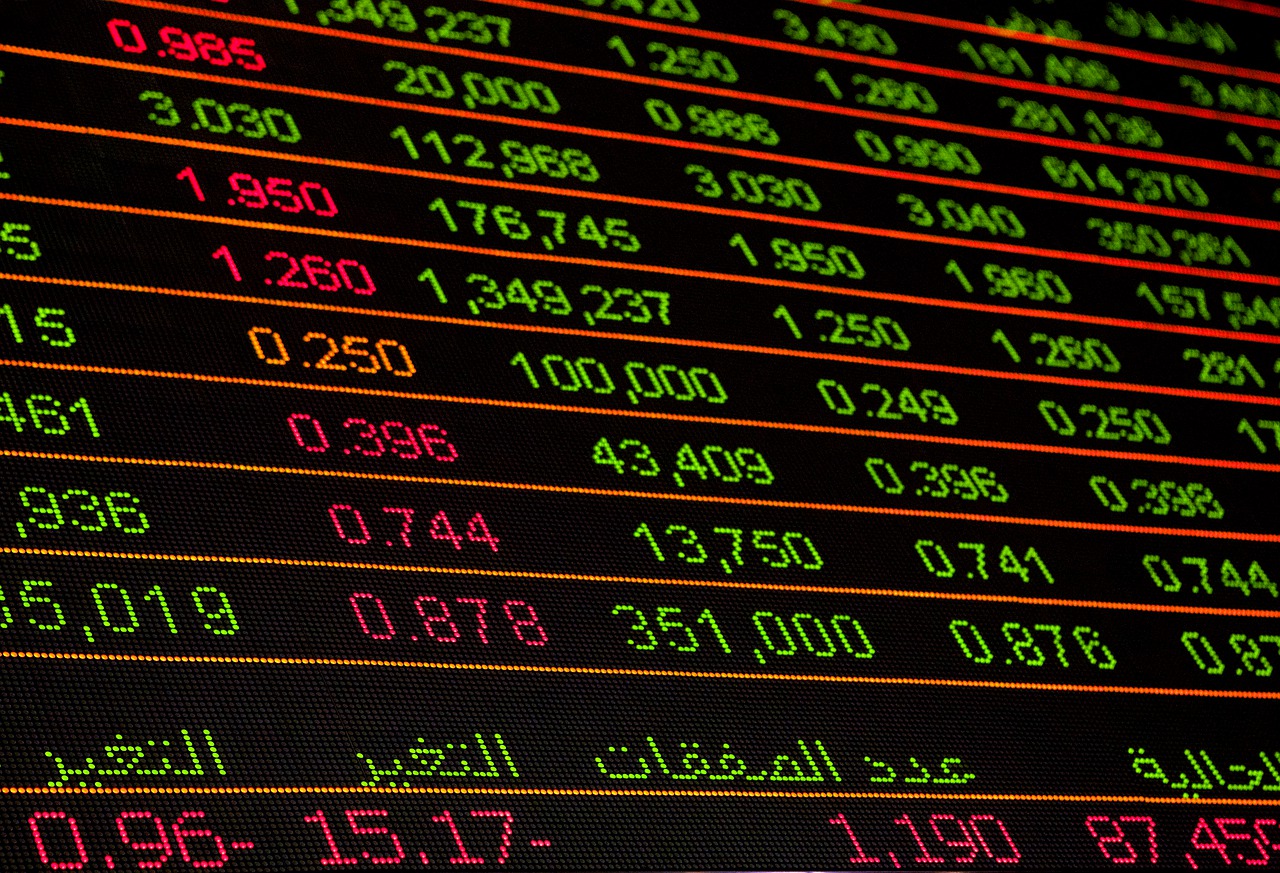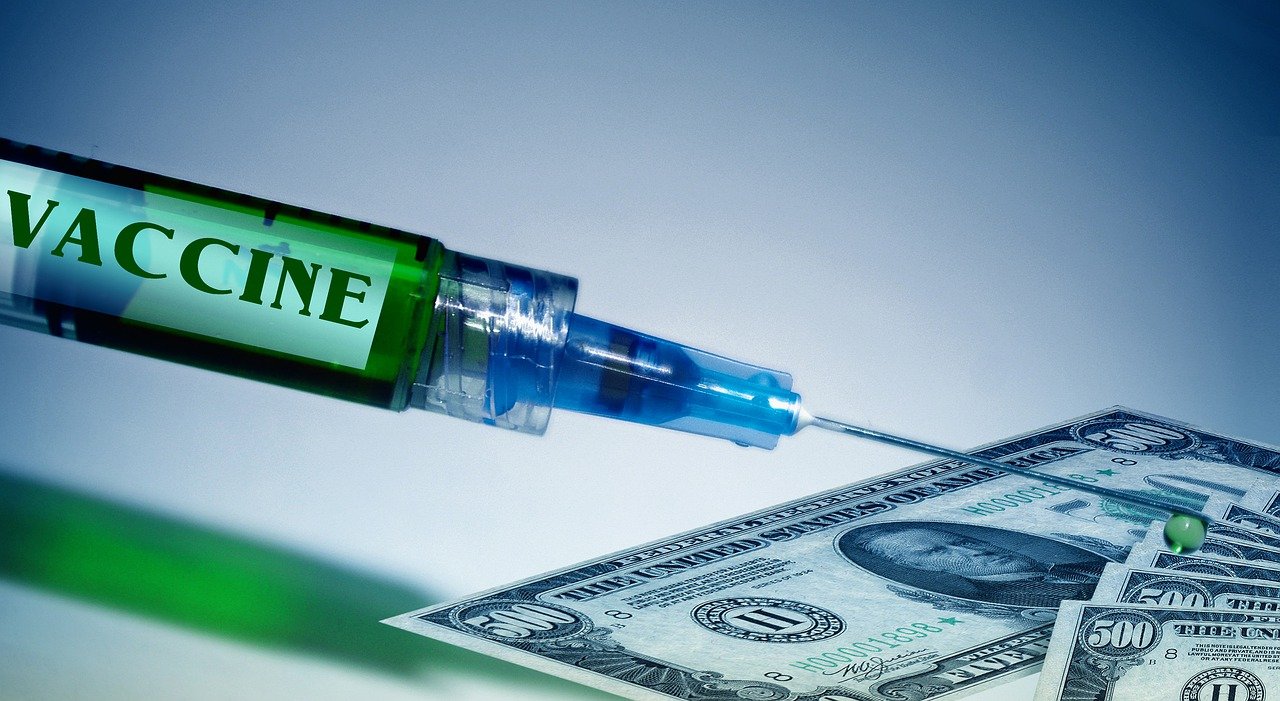Markets on Edge due to Bolsonaro’s Newfound Spending Appetite
Jair Bolsonaro, the Brazil president who rose to power by referring to himself as a fiscal bulldog, now pushing to increase social spending. This move has confounded budget experts and left markets quite startled. The president doled out about $57 million in cash this year and now has now revived plans of making some part of this aid permanent. He suggested using the education funds for paying the monthly handouts and also said that payments on legal settlements be delayed for a bit. This resulted in a fierce and fast backlash; Brazil’s real became the worst-performing major currency in the world this week and the plan was criticized by the country’s own economic minister as a bad workaround.
At the center of the market’s panic is an increasing primary deficit that needs to shrink and Brazil badly needs to focus on it. The experts said that the main problem is lack of money. On Wednesday and Thursday, Brazil’s sovereign debt and its stocks rebounded, as investors took a close look at the numbers and decided that Bolsonaro couldn’t just go through with the plan. Economists said that the way the plan would be financed just wasn’t viable because liability couldn’t be used for financing a welfare program.
Hence, if Bolsonaro wants his plan approved, he will have to deal with an uphill battle. In the meanwhile, budget hawks are still concerned over the newfound appetite he seems to have developed for social spending. They can accept the unprecedented stimulus that he made, as governments all over the world had injected trillions of dollars into their respective economies to battle the effects of the coronavirus. Some can argue that it wasn’t required, but there is some wriggle room for it in Brazil. Already, the largest economy in Latin America is expected to post a 12% record budget gap of GDP this year.
Economists said that it was apparent that Bolsonaro didn’t understand the importance of fiscal discipline. His acceptance of state spending comes just as his approval ratings are on the rise, ever since the government launched what became known as corona-vouchers. Nearly 67 million people benefitted from the monthly aid given to informal workers, which is about 32% of Brazil’s population. It also helped lifted huge swathes of population in the country out of poverty. In fact, economists said that it helped save Brazil from the deeper recession faced by some of the neighboring countries.
However, the astronomical price tag, which is about 320 billion reais or $57 billion, has increased concerns that the South American nation will reach a financial cliff, even if it starts paring back from this month. Referred to as Citizen Income, the latest pitch made by Bolsonaro boasts a price tag of 50 billion reais. As mentioned before, analysts said that the plan was inviable, even though it was creative. The government is finding it harder to fund social programs without ending up breaching the cap on constitutionally mandated spending and this is causing trouble.




















